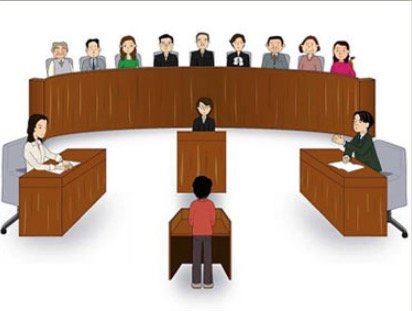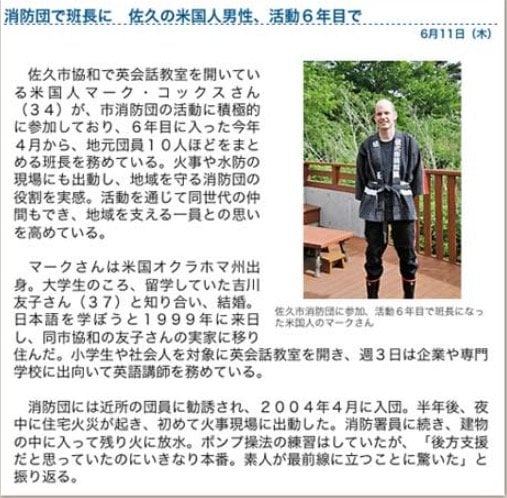Japan’s judicial world is undergoing big changes as the country prepares to introduce a “citizen juror” system in which guilt and sentencing of certain serious crimes will be carried out with the assistance of a panel of six randomly-chosen citizens. This is a huge change because Japan hasn’t had a tradition of juries since before World War II, and the only experience the average person has with this “lay judge” system is likely from popular American TV shows. While it certainly seems reasonable to have a person judged by a jury of his peers rather than the current system of three professional judges, who may cynically believe they’ve “heard it all before,” I’m not sure if the Japanese are ready for this new system. While people here may be famous for their group-oriented thinking, raising the specter of a juror changing their decision to go along with others rather than because it reflects their own beliefs, a larger problem might be the tendency of some Japanese to be extremely stubborn, going against the group just to be contrarian, like that last farmer who still refuses to sell his land to the Narita Airport Authority after thirty years despite the fact that they’ve already built the airport. (This type of frustrating person is called amano-jaku. Maybe you have one of these people at work?) Still, changes to Japan’s legal system are certainly called for, as illustrated by the recent release of a former bus driver who was imprisoned for 17 years for a murder which a recent DNA re-test proves he didn’t commit.
Japan is introducing a trial by jury system, which will be a bit of a challenge for people.
















